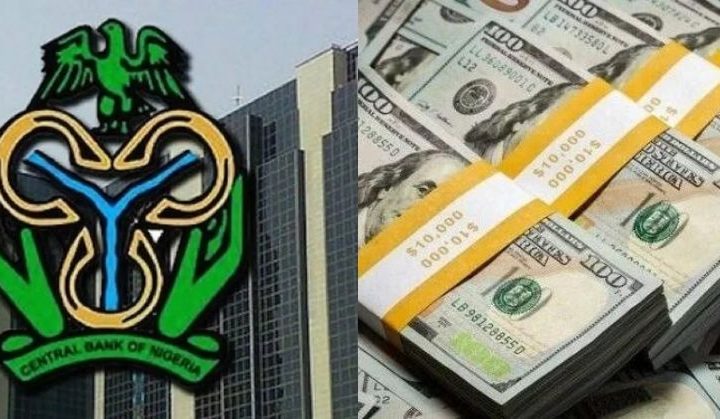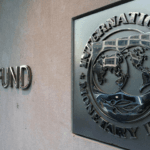Analysts expect the global economy to grow moderately in 2022E after the initial post-COVID boost in 2021FY due to uncertainties relating to new variants of the pandemic, fading impact of monetary and fiscal stimulus, and lingering supply chain constraints.
The Bureau of Labor Statistics (BLS) last week noted that headline inflation rose by 50bps to 7.5% y/y in January 2022 (December 2021: +7.0% y/y). The growth is the highest since February 1982 (+7.6% y/y).
The inflation print represents the eleventh consecutive month that the headline inflation has surpassed the Fed’s 2.0% target. The persistent inflationary pressure reflects the combined impact of robust consumer demand with pandemic-induced supply constraints and labour shortages amidst the previous year’s low base effect.
Join our WhatsApp ChannelAccordingly, pressures were most significant in the prices of food (7.0% y/y vs December 2021: 6.5% y/y), shelter (4.4% y/y vs December 2021: 4.1% y/y), and energy (27.0% y/y vs December 2021: 29.3% y/y).
On a month-on-month basis, the headline inflation rose by 0.6% (December 2021: 0.6% m/m).
Analysts at Cordros Securities say the inflation reading ”reinforces their view that ‘’some previously determined transitory price pressures may be here to stay for some time. This, in conjunction with the improving job numbers, could compel the Fed to hike the key policy rate at its next Monetary Policy meeting in March.’’
Economic activities in the United Kingdom (UK) improved, albeit marginally, in the last quarter of 2021FY in line with the increased COVID-19 testing and extended vaccination programme during the period.
Statistics from the Office for National Statistics (ONS) indicates that the economy grew by 1.0% q/q in Q4-21 (Q3-21: +1.0% q/q). The growth reflects the increase recorded across the Exports (+4.9% q/q vs Q3-21: -4.7% q/q), Government expenditure (+1.9% q/q vs Q3-21: 0.0% q/q) and Private consumption (+1.1% q/q vs Q3-21: +2.9% q/q).
On a year-on-year basis, Gross Domestic Product (GDP) increased by 6.5% in Q4-21 (Q3-21: 7.0% y/y). Overall, the economy grew by 7.5% y/y in 2021FY (2020FY: -9.4% y/y) – largely reflecting the significant low base from 2020FY when the COVID-19 pandemic and associated lockdowns negatively impacted economic activities.
Global markets
This week, global stocks posted broadly positive performances bolstered by solid earnings releases. However, global equities pared gains later in the week following hotter-than-expected US inflation data, which reignited fears of a more hawkish Fed.
Accordingly, US (DJIA: +0.4%; S&P 500: +0.1%) stocks were set for a weekly gain following robust earnings from tech stocks. European markets (STOXX Europe: +2.2%; and FTSE 100: +2.1%) were buoyed by the rebound in tourism stocks amid easing geopolitical tensions between Russia and Ukraine.
In Asia, the Japanese Nikkei 225: (+0.9%) was on course to end the week in the green on the back of the positive sentiments on Wall Street. Likewise, the SSE: (+3.0%) closed higher as gains in Chinese property developers and Alibaba Group Holding buoyed sentiments.
Emerging markets (MSCI EM: +2.5%) and Frontier (MSCI FM: +1.0%) market stocks mirrored the bullish trend across global stocks consequent upon gains in China (+3.0%) and Kuwait (+0.6%), respectively.


















Follow Us